- Payment Options
- Terms Conditions
- Maryland, USA
- info@cohebinternational.org
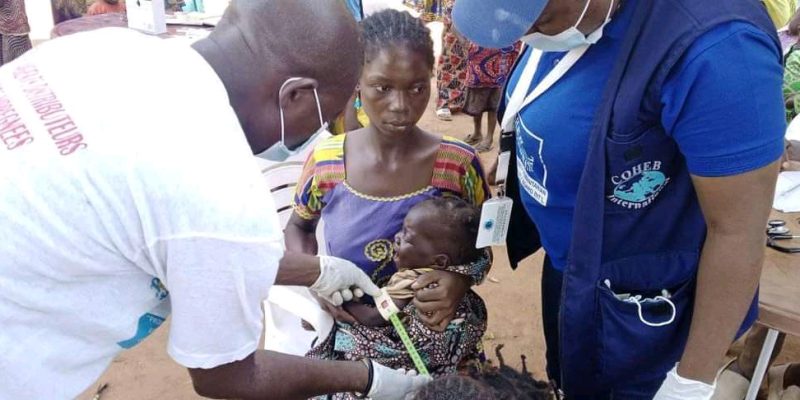
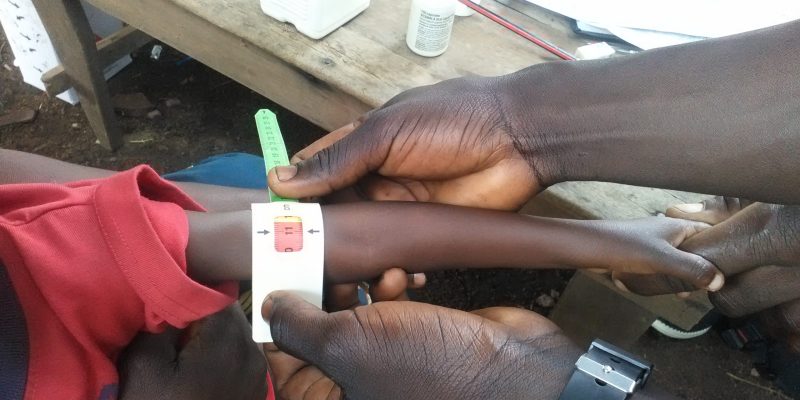
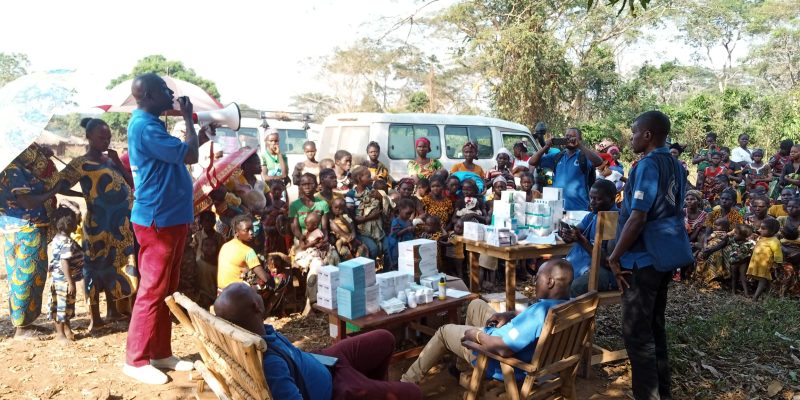
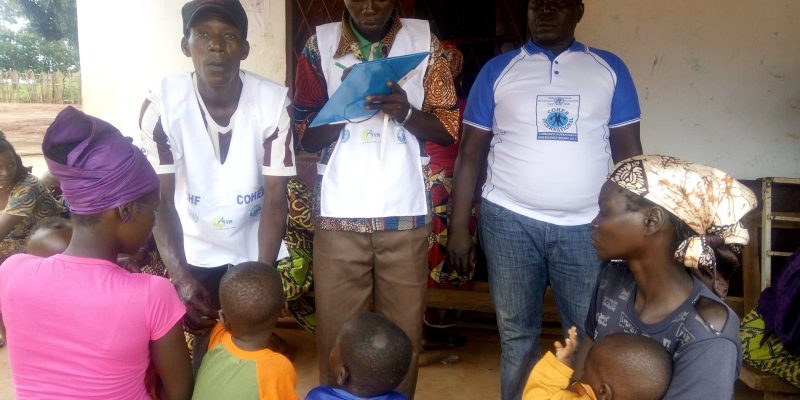
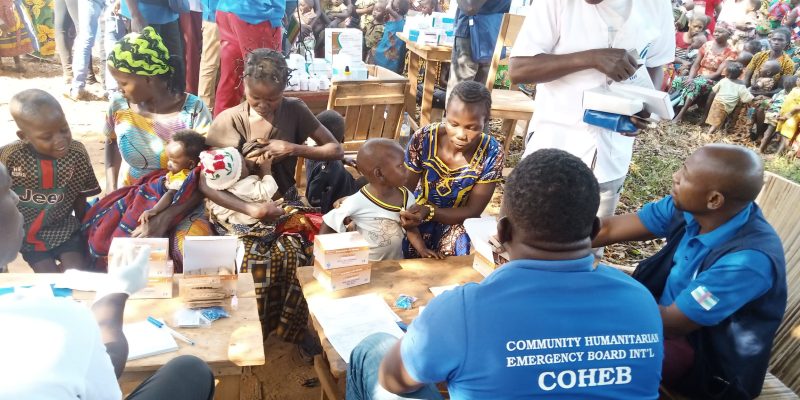
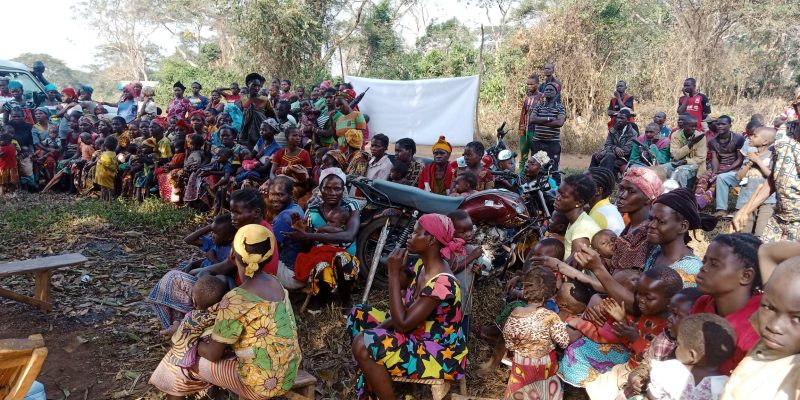
September 2019 - October 2020
This project aims to provide an emergency nutrition response in 9 localities in the Bambari Health District (Bambari and Ippy sub- prefectures).
Nutritional surveys based on the SMART methodology in 2019 revealed a worrying nutritional situation in the Ouaka Prefecture, with a Global Acute Malnutrition (GAM) rate estimated at 13.2%.
This project will be implemented in 3 health areas in the Bambari and Ippy sub-prefectures:
-> Seko health area: Seko CS and Tagbara health post;
-> Ippy health area: HS d'Ippy, PS Akpa, PS Zoubingui, PS Badje-Lokoto and PS Ndakara (Ndassima axis);
-> Lafolo health area: PS Lafolo and PS Lambla (on the Ippy-Bria axis).
The population in these areas has limited access to basic social services and economic activity is virtually at a standstill.
The final evaluation of the project, implemented by COHEB from 15 August 2019 to 15 February 2020, also recommended that the care of malnourished children should not be interrupted, as this could lead to a deterioration in the nutritional status of these children, on the one hand, and to a lack of ownership of the project's achievements by local government staff, on the other. The implementation of this project will certainly meet the nutritional needs of children as well as pregnant and breast-feeding women, enabling them to have adequate access to basic health services. COHEB will also use a mobile clinic strategy to bring healthcare closer to communities in remote areas and areas with difficult access. With this funding, COHEB will also rehabilitate the UNT at the Ippy Secondary Hospital, as recommended by the Semi-Quantitative Evaluation of Access and Coverage (SQUEAC) survey, so that the facility can meet standards.
Direct targets : --> 2000 children suffering from SAM received in the UNT and UNTA in the 3 health areas; --> 2398 children aged 0 to 23 months monitored for Growth Monitoring and Promotion (GMP) ; --> 1 UNT refurbished and equipped to standard norms --> 2217 FEFA receive nutritional advice at CPN/CPoN meetings Indirect targets --> 54 AS and 70 RECOs and model mothers trained in PECIMA, ANJE, psychosocial support and prevention of COVID-19 --> At least 11,875 people made aware of ANJE --> 09 health facilities kept operational to treat SAM --> 6,500 children aged 6 to 59 months screened in the community

This project will be implemented in areas affected by armed conflict. The populations most affected are women and children (many men are involved in armed conflicts). All sections of the population (men, women and children) will be involved and will benefit from awareness-raising activities. In all activities, no preference will be given to beneficiaries on the basis of age or gender. In addition, during the awareness-raising sessions on ANJE in particular, men will be encouraged to take part in order to encourage their families to consume their hunting and fishing products (a source of nutrients that guarantee children's nutritional status and ensure their healthy growth). Elsewhere, all project staff will receive ongoing training on cross-cutting protection, humanitarian principles and the codes of conduct for humanitarian workers.
COHEB will contribute XAF 46,200,000, i.e. 10.5% of the total budget for this project. This contribution will pay for support staff and additional fuel for the mobile clinics.
COHEB will be working with the Bambari Health District (DS), the Health Region Directorate n˚4, as well as the Nutrition section of the Primary Health Care Directorate (DSSP).
The joint supervisions will involve COHEB, DSBri/DRS4 and UNICEF in order to ensure better coaching/monitoring of field workers for improved project performance.
COHEB will also work with any local associations/groups to help it reach its target audience and reach as many people as possible. This project complements the health project currently under-financed by the Humanitarian Fund.
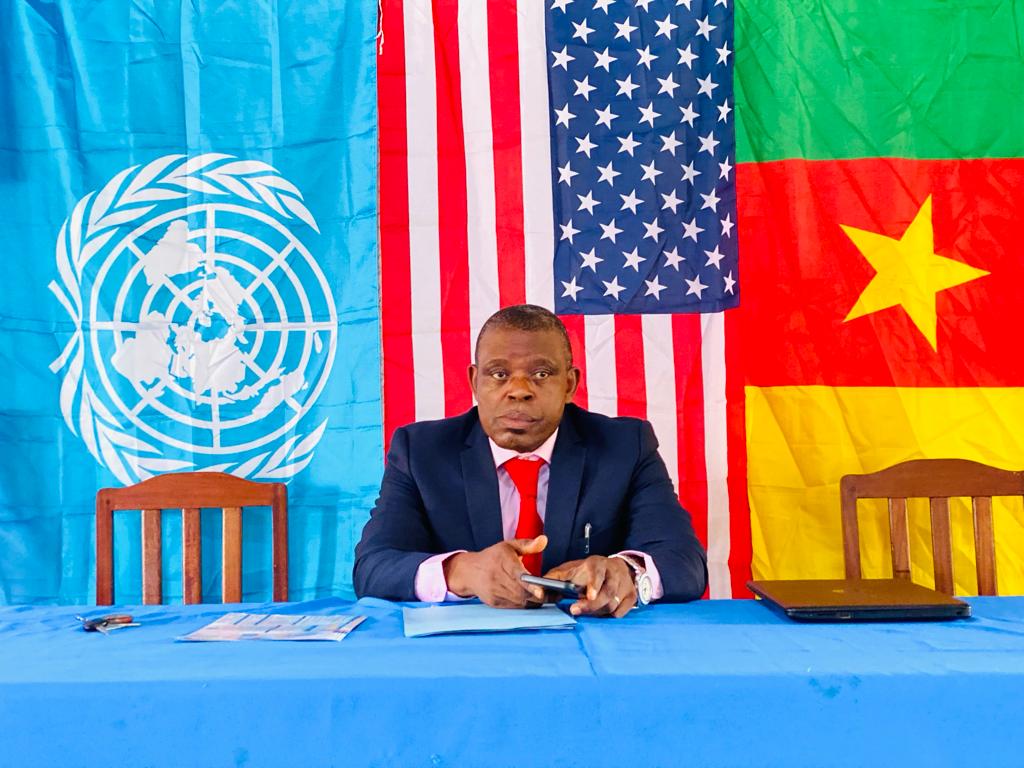

Multidimensional strategies in carrying hope for a more united world where the Love of God is shared through actions amongst affected individuals and communities all over the world.









